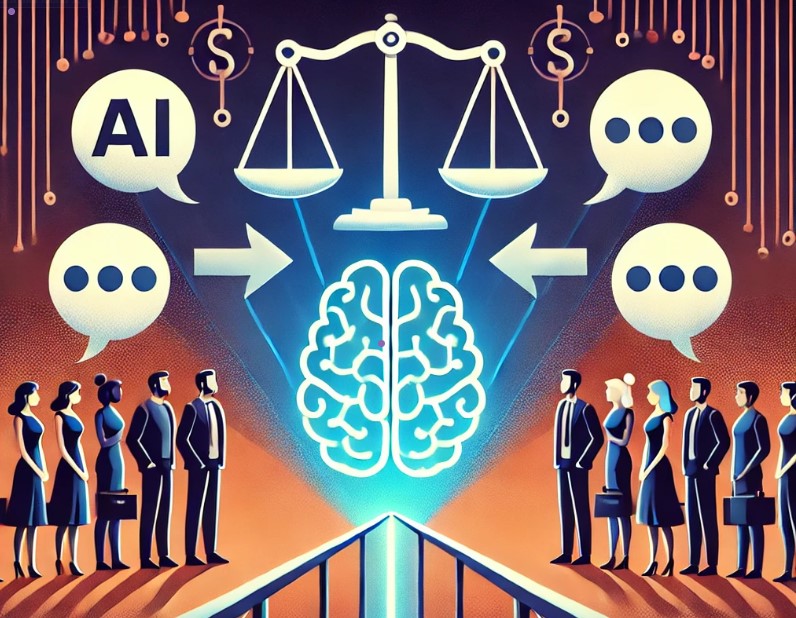AI
-

Use of genetic algorithm for optimum proportioning of concrete
By
Genetic Algorithms (GAs) have emerged as a robust optimization technique within civil engineering, particularly in the design of concrete mix proportions. Their inherent ability to address complex, multi-objective, and nonlinear optimization problems makes them well-suited for this application. Conventional mix design methodologies often rely on iterative, trial-and-error approaches that are both time-consuming and may fail…
-
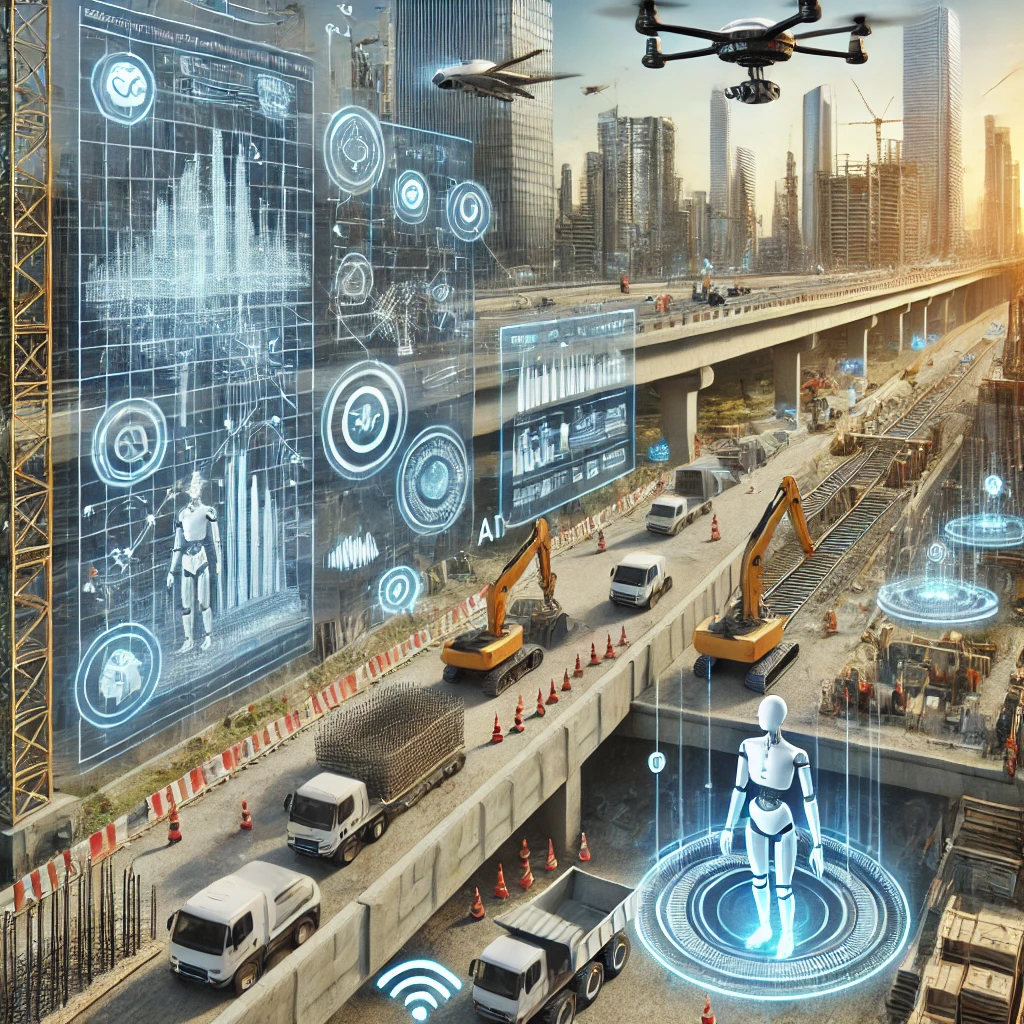
Implementing AI in civil engineering
By
Artificial intelligence (AI) is rapidly transforming civil engineering by offering innovative solutions that enhance efficiency, safety, and sustainability across a variety of applications. From optimizing structural designs to predicting maintenance needs and improving construction management, AI technologies are reshaping traditional practices. By analysing vast datasets, AI enables engineers to make informed decisions, leading to smarter…
-

The Robot-AI Merger
By
In recent years, robots have increasingly entered our daily lives, cooking meals, performing repetitive tasks, and working in industries from warehouses to restaurants. However, these robots operate in narrowly defined environments, following rigid scripts that leave them helpless when faced with real-world unpredictability. For example, a robot might be able to flip burgers or assemble…
-
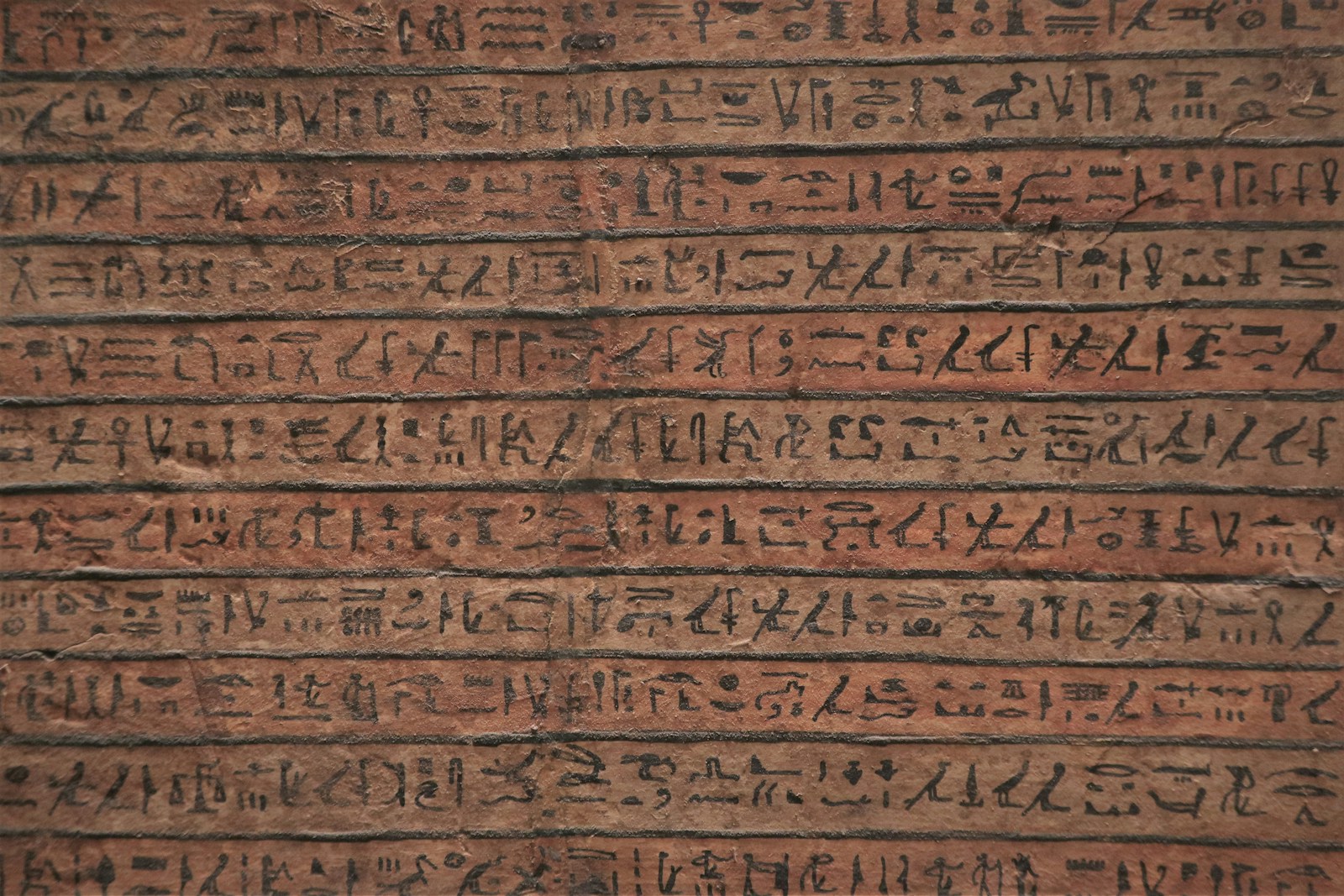
AI unlocking the secrets of ancient manuscripts
By
Artificial intelligence (AI) is revolutionizing the study of ancient texts, enabling scholars to decipher and interpret manuscripts that were previously unreadable due to damage or degradation.By employing machine learning algorithms, researchers can reconstruct missing parts of texts, enhance faded writings, and even predict the original content of fragmented manuscripts. One notable example is the use…
-
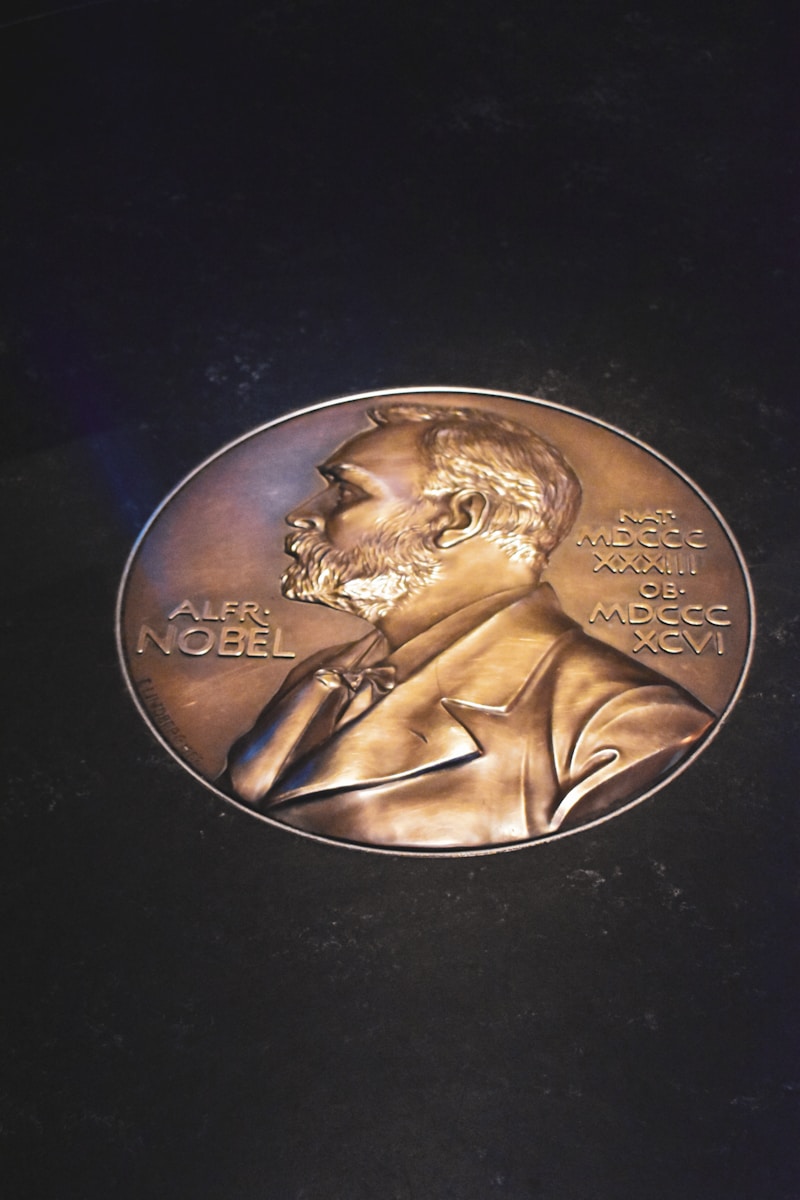
AI technology getting Nobel prizes
By
Artificial Intelligence (AI) has made significant strides in recent years, and its impact is now being recognized at the highest levels, including Nobel Prizes in both physics and chemistry in 2024. This marks a turning point, showing how AI is shaping not just computer science but also influencing traditional scientific fields such as biology, medicine,…
-
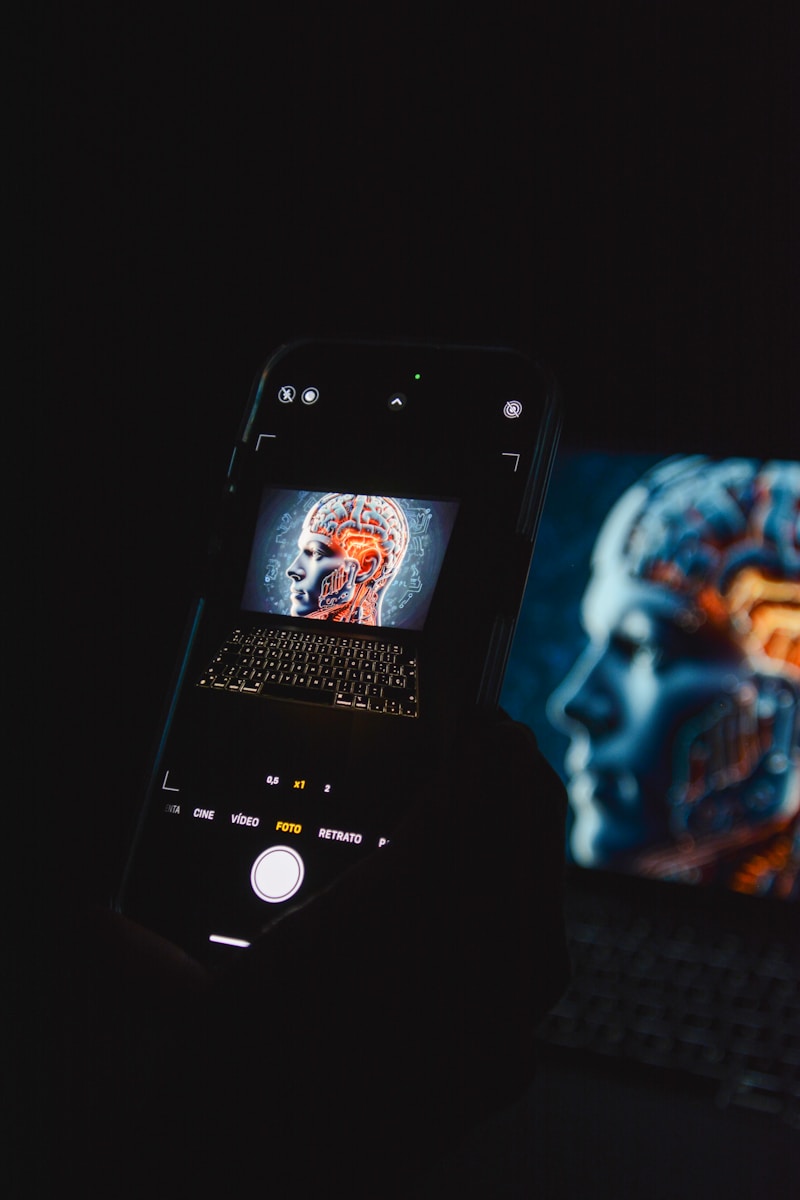
Flood forecasting with XAI
By
XAI stands for Explainable Artificial Intelligence. The goal of XAI is to make AI more transparent, trustworthy, and interpretable, especially in complex models like deep learning and neural networks, which are often considered “black boxes.” Use in flood forecasting The paper “Spatial flood susceptibility mapping using an explainable artificial intelligence (XAI) model” by Biswajeet Pradhan,…

